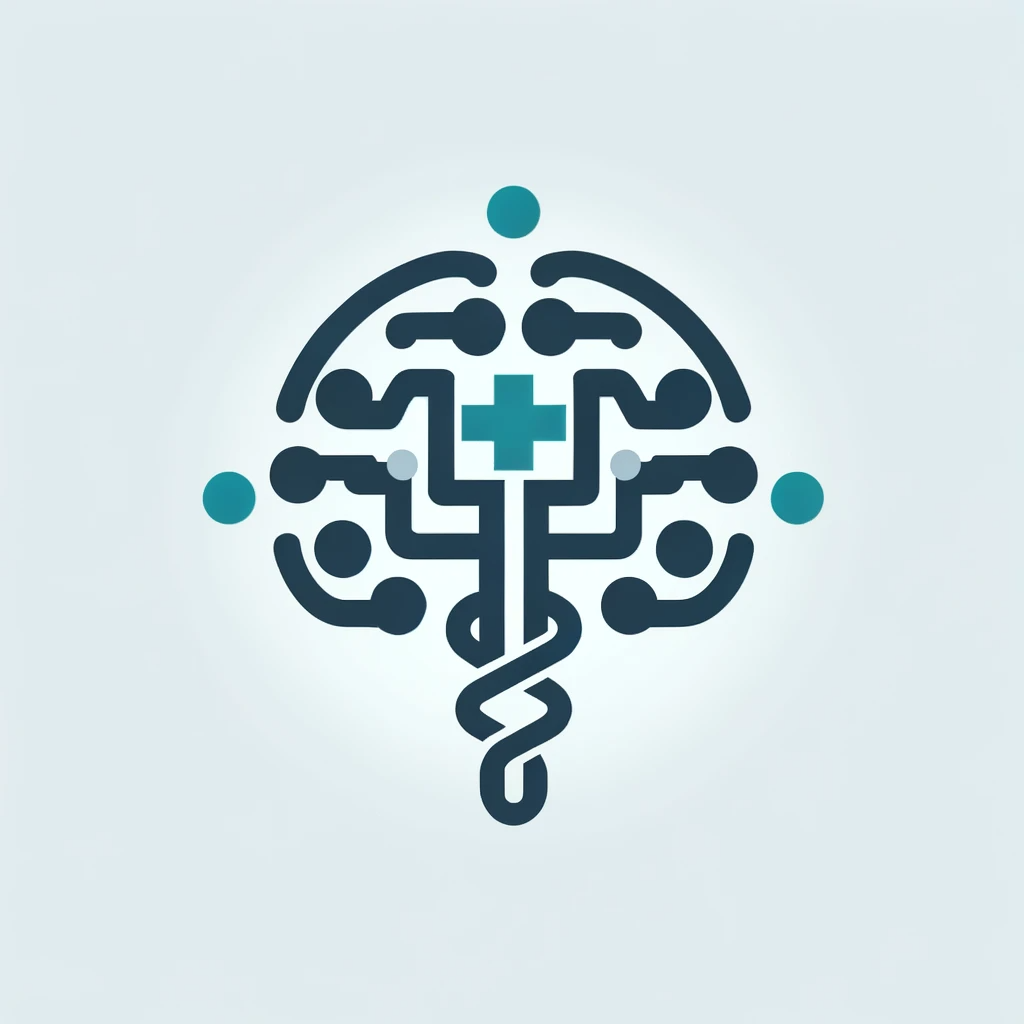Language models like ChatGPT are revolutionizing medical education, offering students innovative ways to engage with their learning material. Equipped with access to vast medical knowledge and enhanced with a “browsing” feature via Microsoft’s Bing, ChatGPT can now retrieve up-to-date internet information in real-time. The addition of advanced beta features and plugins available through ChatGPT+ further expands the utility of this AI in medical education, enabling learners and educators to explore a broader range of applications and interactive learning methods in this field.
We have shown in previous articles how it is able to work as a quick medical reference, generate custom images, perform statistical analyses and data visualization, which are all features that can already significantly enhance medical education. In this article, we will focus on exam question generation and how you can leverage ChatGPT’s Vision feature for understanding complex medical images and diagrams.
A Master in Medical Exams
It has been shown in multiple studies that ChatGPT is as good, if not better than the average medical student in taking exams (1).This is a testament to its comprehensive understanding of medical knowledge and its ability to apply this knowledge in a practical context. We know from this that it can ace medical exams. Here, we will show you how it can also be great at generating exam questions to help learners review.
ChatGPT can craft exam questions tailored to various educational levels and learning objectives. This feature serves multiple purposes:
- Diverse Learning Needs: Medical students have varying strengths and weaknesses. ChatGPT can generate questions targeting specific areas, allowing for focused and efficient learning.
- Curriculum Alignment: Questions can be aligned with specific curricular goals or competencies, ensuring that assessments are relevant and comprehensive.
- Difficulty Adjustment: The level of difficulty can be adjusted to match the learner’s stage, whether they are a beginner or nearing the end of their medical training.
Practical Applications in Medical Training
For Students
- Self-Assessment: Students can use ChatGPT-generated quizzes to assess their knowledge and identify areas needing improvement.
- Revision Tool: Customized quizzes offer an efficient way to revise and reinforce learning.
For Educators
- Assessment Creation: Educators can save time and resources by using ChatGPT to generate a variety of questions for exams and practice tests.
- Curriculum Development: ChatGPT can aid in developing curriculum content by providing question ideas that align with learning objectives.
How to Create Quizzes
It is actually very simple. Just ask it:
| Prompt: generate me a 3-question quiz on the Krebs cycle similar to USMLE step 1 questions. |
The output:

Perhaps the most innovative application is ChatGPT’s ability to create interactive quizzes similar to online exam reviews. These quizzes show one question at a time and provide immediate feedback, including explanations for each answer.
| Prompt: generate me a 3-question case-based quiz on endemic mycoses, similar to USMLE exams. show the question one at a time and provide an explanation after each question is answered. |
Vision for Learning
ChatGPT’s Vision feature can revolutionizing the way we learn and teach medicine. This tool blends advanced natural language processing with image analysis. Vision not only identifies and interprets images with acceptable accuracy but also provides detailed, easy-to-understand explanations. This makes it a game-changer for medical education, offering a unique opportunity for interactive learning, and a deeper understanding of medical images and diagrams, which can sometimes be complex.

From: Ng N, Powell CA. Targeting the Complement Cascade in the Pathophysiology of COVID-19 Disease. Journal of Clinical Medicine. 2021; 10(10):2188.

The integration of ChatGPT in medical education heralds a new era of AI-assisted learning. It promises to make medical education more accessible, personalized, and efficient. As AI continues to evolve, its role in shaping the future medical professionals will undoubtedly grow, offering exciting possibilities for both teaching and learning in medicine.
References
- Strong E, DiGiammarino A, Weng Y, et al. Chatbot vs medical student performance on free-response clinical reasoning examinations. JAMA Intern Med 2023;183:1028−30.

Leave a comment